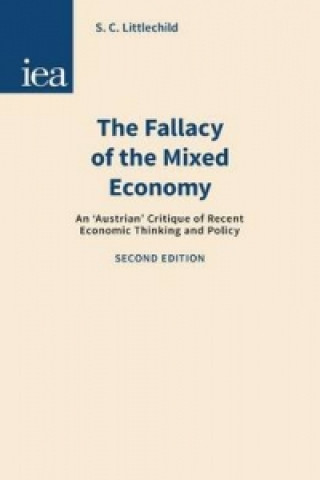
Kód: 04560131
Fallacy of the Mixed Economy
Autor S. C. Littlechild
There is a resurgence of interest in the 'Austrian School' of economics, notably the work of Menger, Mises and Hayek. In contrast to neoclassical economics, the Austrian school has always emphasised the importance of incorporating ... celý popis
- Jazyk:
 Angličtina
Angličtina - Vazba: Brožovaná
- Počet stran: 112
Nakladatelství: Institute of Economic Affairs, 2009
- Více informací o knize

Mohlo by se vám také líbit
Informovat o naskladnění knihy
Zadejte do formuláře e-mailovou adresu a jakmile knihu naskladníme, zašleme vám o tom zprávu. Pohlídáme vše za vás.
Více informací o knize Fallacy of the Mixed Economy
 Anotace knihy
Anotace knihy
There is a resurgence of interest in the 'Austrian School' of economics, notably the work of Menger, Mises and Hayek. In contrast to neoclassical economics, the Austrian school has always emphasised the importance of incorporating differences in knowledge, beliefs and expectations into economic analysis. This approach leads to the notion of competition as a dynamic process of discovery and co-ordination, instead of a static state of general equilibrium. Market devices such as product differentiation and advertising, long condemned as uncompetitive, are evidence that the market process of discovery and coordination is working. Neoclassical welfare economics envisages an important role for government as correcting 'market failure' and hence supports the concept of a mixed economy. Austrian economics casts doubt on the ability of government to acquire the knowledge necessary to improve upon the market. The Monopolies and Mergers Commission is an inadequate safeguard for consumers, and prohibiting mergers may limit competition. A more effective protection against monopoly would be the abolition of patent laws. Marginal cost pricing and investment rules provide a naive and unenforceable framework of control for nationalised industries. Consumers could be better safeguarded by the abolition of statutory monopolies. 'External' nuisances like noise and pollution are more effectively dealt with by making producers legally liable for them, and by creating property rights to be traded on markets, than by cost-benefit analyses or 'externality taxes'. Planning agreements are likely to hamper the competitive process. There is no reason to believe the National Enterprise Board will make better decisions than the market. Austrian economics suggests that the free market will be more effective than the 'mixed economy' in discovering and meeting the wishes of consumers.
 Parametry knihy
Parametry knihy
Zařazení knihy Knihy v angličtině Economics, finance, business & management Economics
- Plný název: Fallacy of the Mixed Economy
- Podnázev: An 'Austrian' Critique of Recent Economic Thinking and Policy
- Autor: S. C. Littlechild
- Jazyk:
 Angličtina
Angličtina - Vazba: Brožovaná
- Počet stran: 112
- EAN: 9780255366335
- ISBN: 0255366337
- ID: 04560131
- Nakladatelství: Institute of Economic Affairs
- Hmotnost: 162 g
- Rozměry: 214 × 139 × 6 mm
- Datum vydání: 01. March 2009
Oblíbené z jiného soudku
-
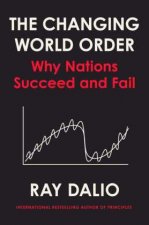
Principles for Dealing with the Changing World Order
575 Kč -

Team Topologies
543 Kč -

Freakonomics
225 Kč -

Misbehaving - The Making of Behavioral Economics
298 Kč -

Indispensable Milton Friedman
646 Kč -
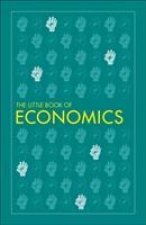
Little Book of Economics
276 Kč -

Why Nations Fail
291 Kč -

Pyramid Principle, The
1163 Kč -
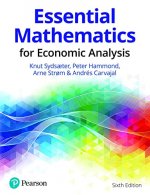
Essential Mathematics for Economic Analysis
1840 Kč -
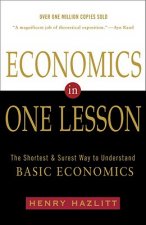
Economics In One Lesson
373 Kč -

Predictably Irrational
410 Kč -
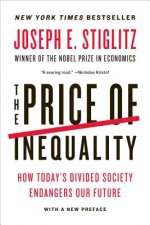
Price of Inequality
298 Kč -

(Mis)Behaviour of Markets
357 Kč -

Debt, 10th Anniversary Edition
651 Kč -

A-Level Economics: Year 1 & 2 Complete Revision & Practice (with Online Edition)
700 Kč -

The Invisible Hand
222 Kč -

Liar's Poker
304 Kč -

Rational Optimist
291 Kč -

Irrational Exuberance
487 Kč -

Art of Statistics
323 Kč -

Scrum - A Pocket Guide - 3rd edition
563 Kč -

Hypomanic Edge
505 Kč -
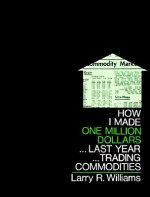
How I Made One Million Dollars Last Year Trading Commodities
1009 Kč -
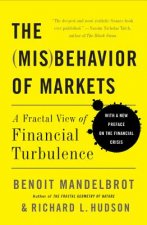
Misbehavior of Markets
584 Kč -

Econometric Analysis, Global Edition
2223 Kč -

Cartoon Introduction to Economics
462 Kč -

Economics: The User's Guide
378 Kč -
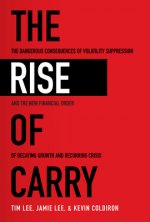
Rise of Carry: The Dangerous Consequences of Volatility Suppression and the New Financial Order of Decaying Growth and Recurring Crisis
644 Kč -
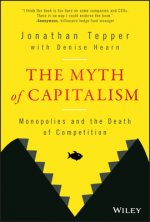
Myth of Capitalism - Monopolies and the Death of Competition
537 Kč -

How Rich Countries Got Rich and Why Poor Countries Stay Poor
410 Kč -

Business Etiquette in Brief
311 Kč -

Intermediate Microeconomics and Its Application
2616 Kč -

Discovery, Capitalism & Distributive Justice
552 Kč -

Economic Point of View
667 Kč -
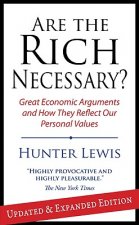
Are the Rich Necessary?
312 Kč -

Driving Digital Transformation
543 Kč -

Start-Up Nation
268 Kč -
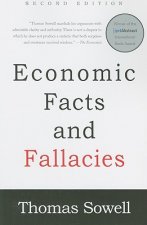
Economic Facts and Fallacies
423 Kč -

Decision Book
375 Kč -
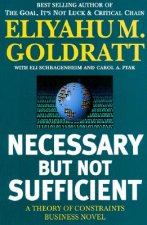
Necessary but Not Sufficient
420 Kč -

Freakonomics
181 Kč -

Economics Book
564 Kč -

Leading at a Higher Level
799 Kč -

Principles of Economics
392 Kč -
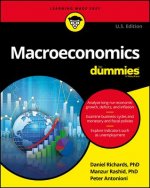
Macroeconomics For Dummies
581 Kč -

45 Second Presentation That Will Change Your Life
243 Kč -
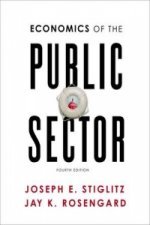
Economics of the Public Sector
2059 Kč -

Factfulness
258 Kč -

Currency Wars
419 Kč
Osobní odběr Praha, Brno a 12903 dalších
Copyright ©2008-24 nejlevnejsi-knihy.cz Všechna práva vyhrazenaSoukromíCookies




 Vrácení do měsíce
Vrácení do měsíce 571 999 099 (8-15.30h)
571 999 099 (8-15.30h)